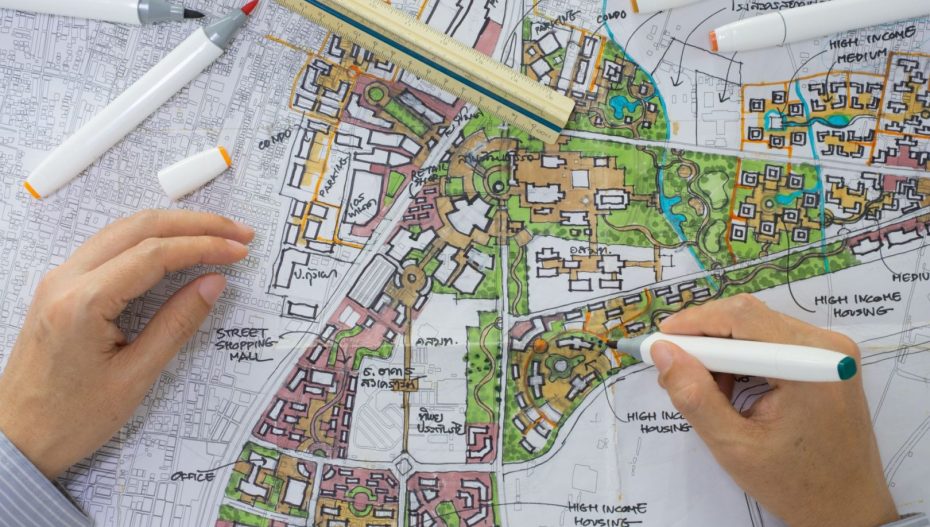In a move towards simplifying revenue laws in Gujarat, the non-agricultural (NA) certification process in areas where town planning (TP) schemes have come into force is likely to be done away with soon.
The state government is poised to review recommendations of a 4-member panel set up last month and announce a new simplified mechanism soon.
The Gujarat government had appointed a committee under retired IAS officer CL Meena to study existing revenue laws, seek feedback from various stakeholders, and recommend changes that can be made to make revenue administration more effective in the state.
The committee wrote in its report that the NA certification process was extremely cumbersome and must be reformed.
“One of the important suggestions was that NA certification should be done away with in areas where TP schemes have come into force, or draft TP schemes are being prepared. The government is expected to accept this proposal when the new mechanism is announced,” sources said.
The new approach is expected to safeguard government revenue derived from NA certification and premiums associated with converting land from new tenure to old, said top government sources.
At present, the purchase of agricultural land by entities or persons who are not farmers is considered null and void, and the government reclaimed this land. Under the new mechanism, the government is expected to remove this clause. Similarly, the process where NA certification is not allowed for various reasons will also be simplified.
“The government earns revenue through premiums to convert land from new tenure to old. Similarly, the government also earns revenue from the NA certification process.
The expected loss of about Rs 5,000 crore when the new mechanism is put in place will be compensated in the form of title clearance fees, which will be introduced under the new system,” sources said.
Simplifying revenue laws has been a longstanding demand from various quarters, especially the real estate sector.
Also Read: Vadodara Tragedy: Families File Writ Petition in Supreme Court












